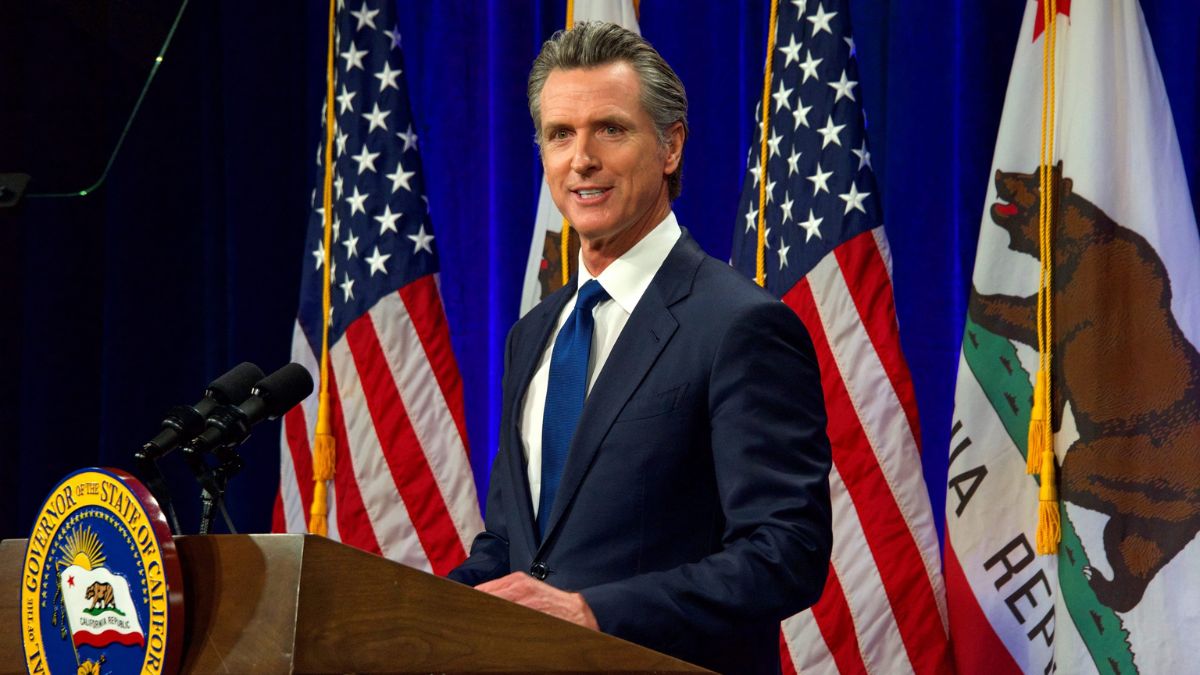Necessary Always Active
Necessary cookies are required to enable the basic features of this site, such as providing secure log-in or adjusting your consent preferences. These cookies do not store any personally identifiable data.
|
||||||
|
||||||
|
||||||
|

In Focus
California Governor Gavin Newsom has signed Senate Bill 53 (SB 53), a landmark measure establishing the California AI safety law, according to TechCrunch. The legislation, described as the nation’s first comprehensive AI safety disclosure law, introduces new requirements for major developers of advanced artificial intelligence systems, including OpenAI, Anthropic, Meta, and Google DeepMind.
The California AI safety law mandates that AI companies disclose their safety protocols and report any “critical safety incidents” to California’s Office of Emergency Services. It also provides whistleblower protections for employees who raise safety or ethical concerns. The legislation specifically targets risks such as AI-enabled cyberattacks, deceptive AI behavior, and crimes committed without human oversight.
Core Provisions of SB 53:
Senator Scott Wiener, who authored SB 53, emphasized that the bill is focused on establishing accountability for AI
companies headquartered in the state. The law applies to firms operating at scale, particularly those deploying large language models or frontier systems. On September 11, 2025, California enforced AI Chatbot Regulation to impose comprehensive rules on AI companion chatbots, following rapid legislative progress.
The passage of SB 53 has drawn divided responses from the technology sector. Anthropic endorsed the law, while OpenAI and Meta actively opposed it, warning that state-level oversight could create a fragmented regulatory environment in the United States.
OpenAI argued against the legislation in a public letter, stating it would add compliance burdens and risk stifling innovation. However, lawmakers underscored that the requirements are intended to balance transparency with responsible development.
Governor Newsom previously vetoed SB 1047, a broader AI safety proposal, in 2024, citing concerns about overreach. SB 53 was introduced as a narrower and more targeted approach, reflecting both industry feedback and legislative persistence. In other news, OpenAI is introducing parental controls on its popular chatbot, ChatGPT.
With California often setting regulatory precedents, the California AI safety law may influence other states considering their own measures. In New York, a similar bill has already cleared the legislature and awaits gubernatorial review. New York took a significant step in regulating artificial intelligence by advancing the AI Safety Bill, officially known as the RAISE Act.
Another bill in California, SB 243, aims to regulate AI companion chatbots by establishing operator accountability and safety standards. Together, these laws indicate a growing push for structured AI regulation in the US.
“California has proven that we can establish regulations to protect our communities while also ensuring that the growing AI industry continues to thrive,” Newsom said in a statement. “This legislation strikes that balance. AI is the new frontier in innovation, and California is not only here for it — but stands strong as a national leader by enacting the first-in-the-nation frontier AI safety legislation that builds public trust as this emerging technology rapidly evolves.”
The enactment of SB 53 signals a decisive step toward formal oversight of artificial intelligence technologies at the state level. For leaders and B2B decision-makers, the law creates both compliance obligations and an early signal of the direction AI governance may take nationwide. Companies deploying advanced AI models will need to adapt processes for disclosure, testing, and incident reporting to avoid potential penalties under California AI law.
As California sets the benchmark for state-driven regulation, industry stakeholders must anticipate greater scrutiny and prepare for the possibility of federal adoption of similar standards.